Enhanced Geothermal Systems
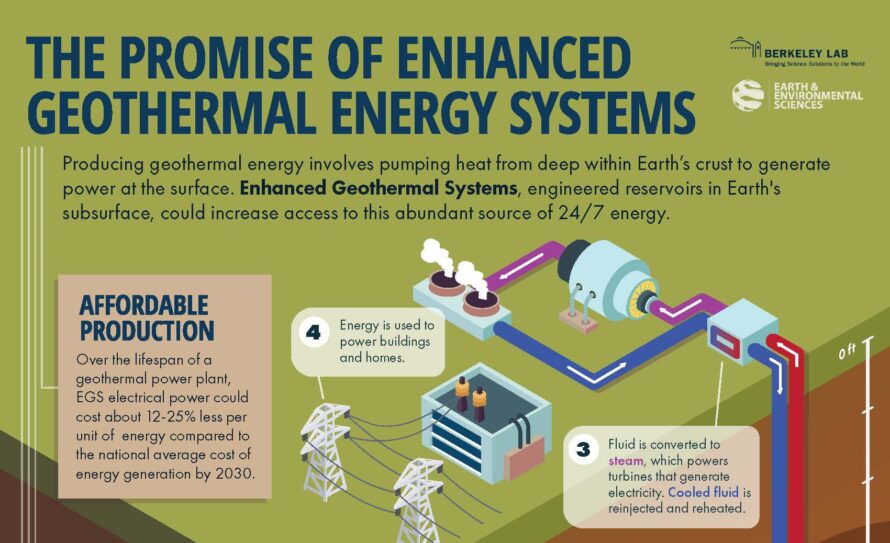
EESA scientists lead research to help expand enhanced geothermal systems technologies, which mimic natural geothermal energy systems which harness heat from deep within Earth’s core.
AI Solutions for Energy Security
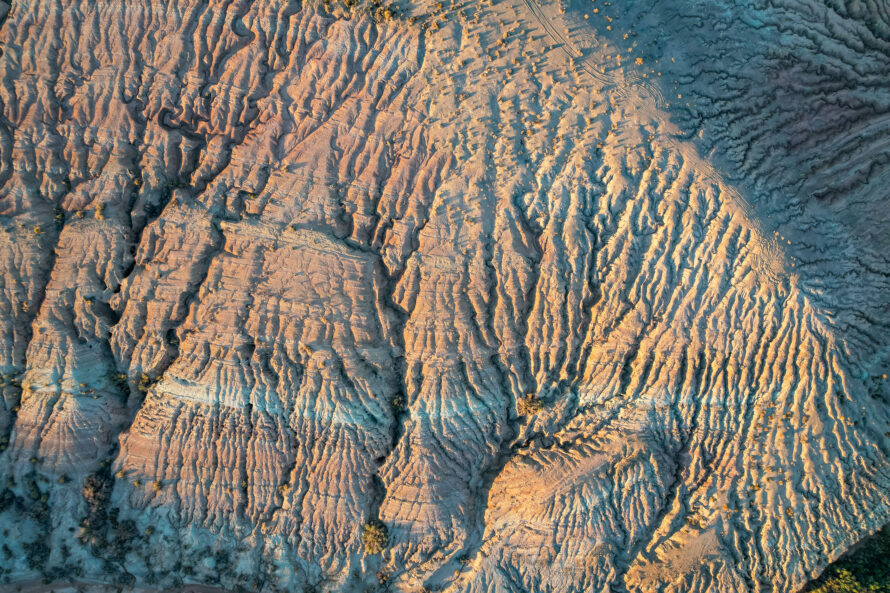
Experts at Berkeley Lab’s Earth and Environmental Sciences Area lead research that helps AI learn to “see the unseen” in Earth’s subsurface, revealing knowledge vital for energy production and resource recovery.
AI to Locate Critical Minerals
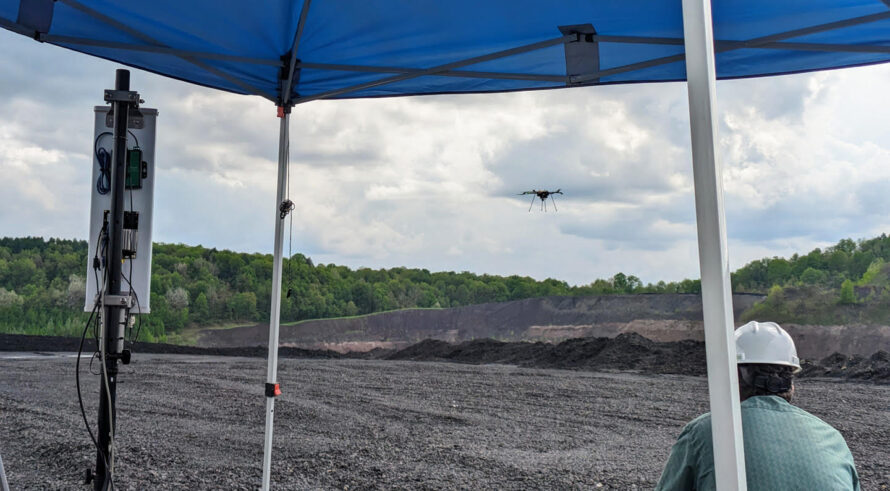
Berkeley Lab’s integrated, AI-enabled sensing system maps subtle signals to locate “hot zones” rich in critical minerals such as neodymium and dysprosium.
Smarter Sensing with DFOS
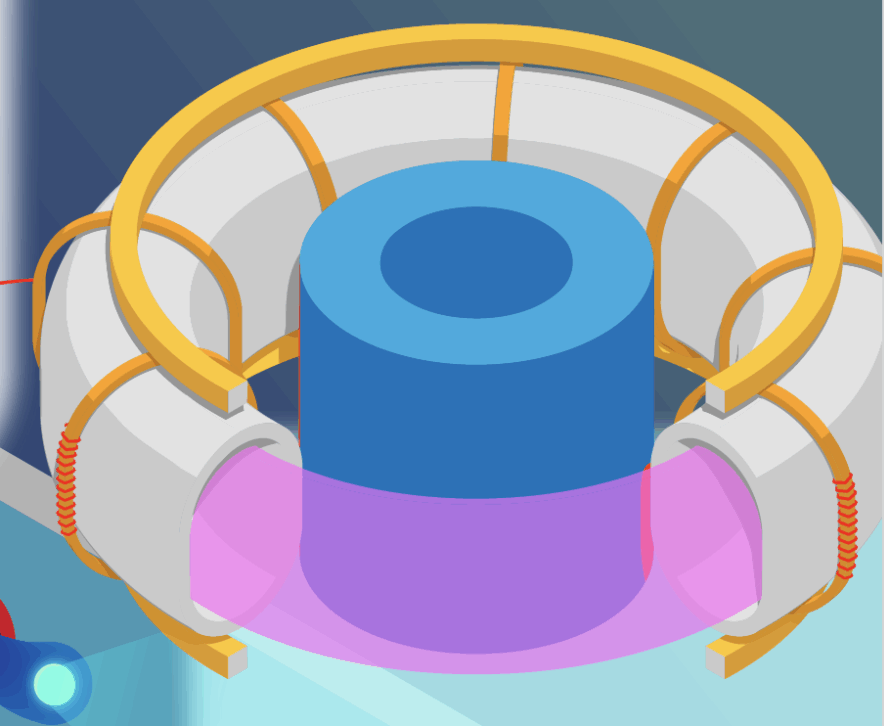
In fusion research, DFOS enables precise monitoring of superconducting magnets operating at cryogenic temperatures and under immense electromagnetic forces.
Using AI to Optimize Energy Operations
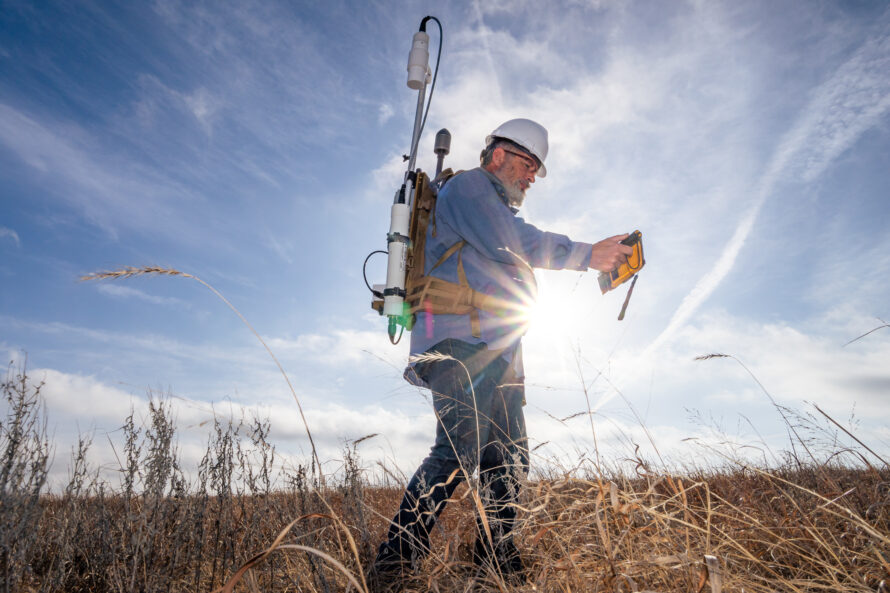
To find forgotten oil and gas wells, we used AI to search historical maps–quickly leveraging data to address a decades-old problem.
Snowpack Prediction
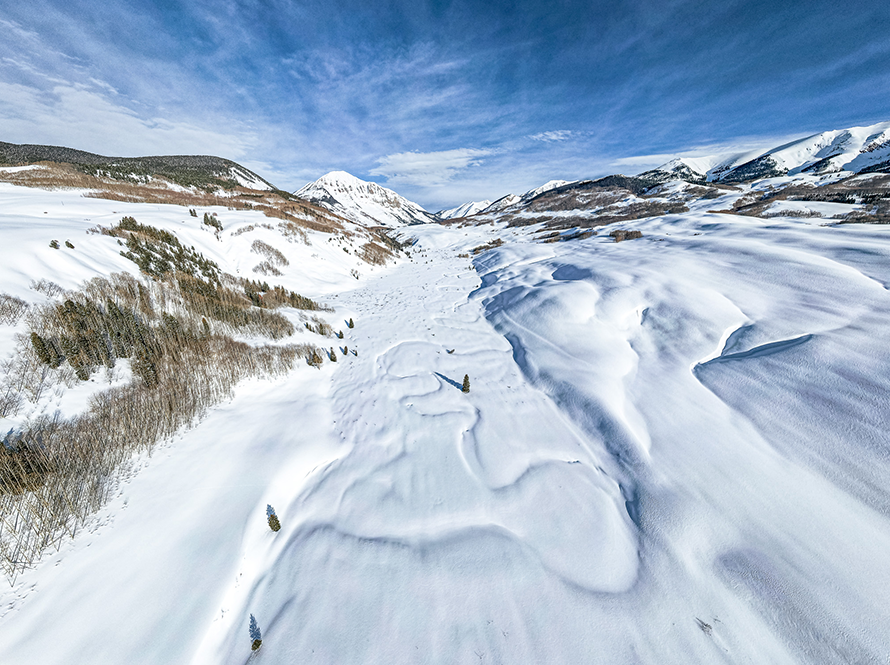
A recent Berkeley Lab study analyzes shrinking snowpack patterns, and the implications of a low-to-no-snow future for water management in the American West.
Managed Aquifer Recharge (MAR)
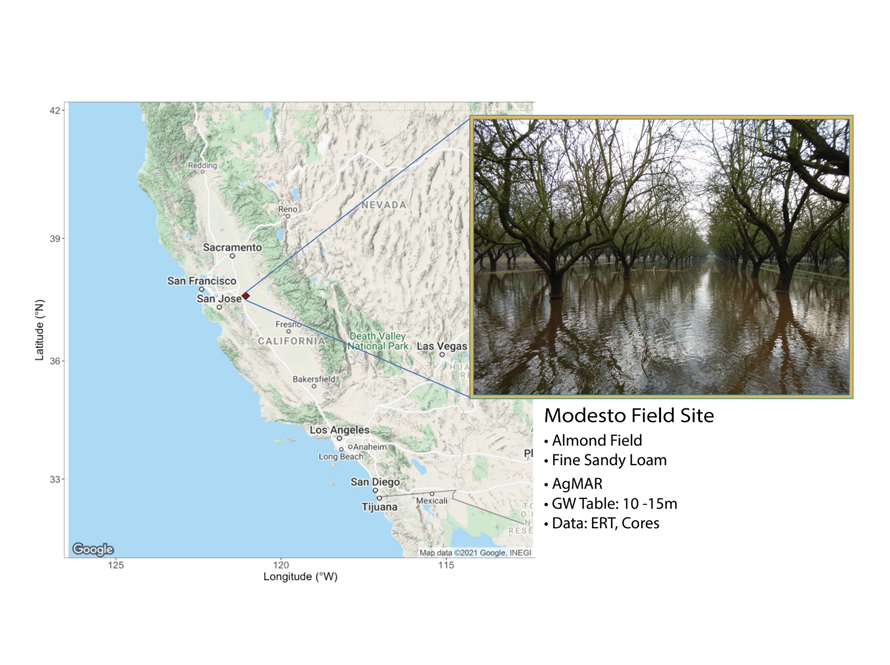
As water insecurity intensifies, recent research shows the potential of Agricultural Managed Aquifer Recharge to protect future water resources in arid regions like the American Southwest.
Unlocking Lithium Resources
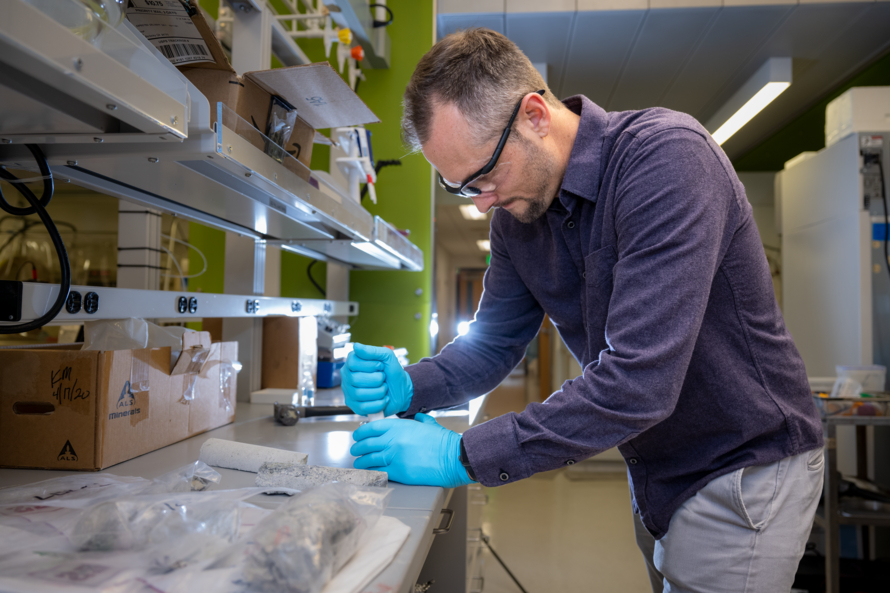
Berkeley Lab has established the Lithium Resource Research and Innovation Center (LiRRIC) to power lithium innovation.
Wildfire

EESA scientists are leading the way on investigating the effects of wildfires on water, ecosystems, and Earth’s climate.
Critical Minerals Research
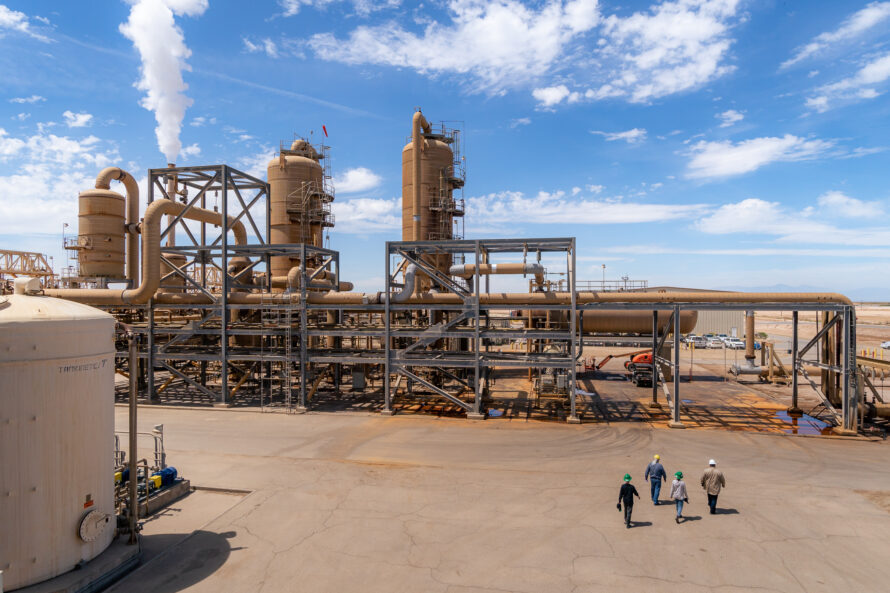
Experts at EESA are studying Earth’s crucial elements that can help support the country’s energy security.
Watershed Science
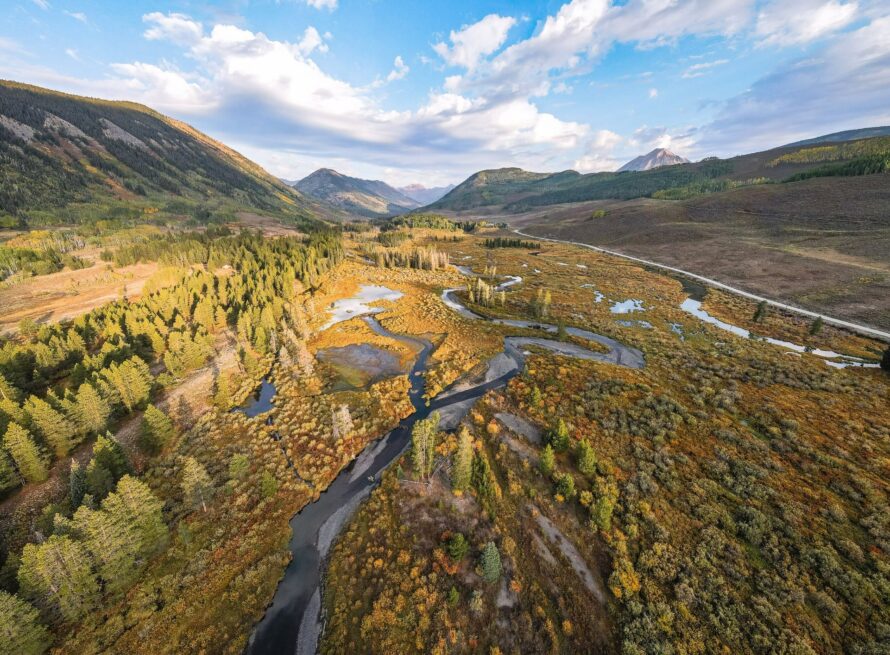
EESA scientists study watershed functioning to help predict water availability and quality in drought-impacted regions now and decades into the future.
Geologic Hydrogen

EESA researchers are investigating ways to store and generate hydrogen underground – safely and affordably.
Targeting Methane

This EESA-led project aims to identify methane super-emitters to inform mitigation efforts.
Wildfire Research
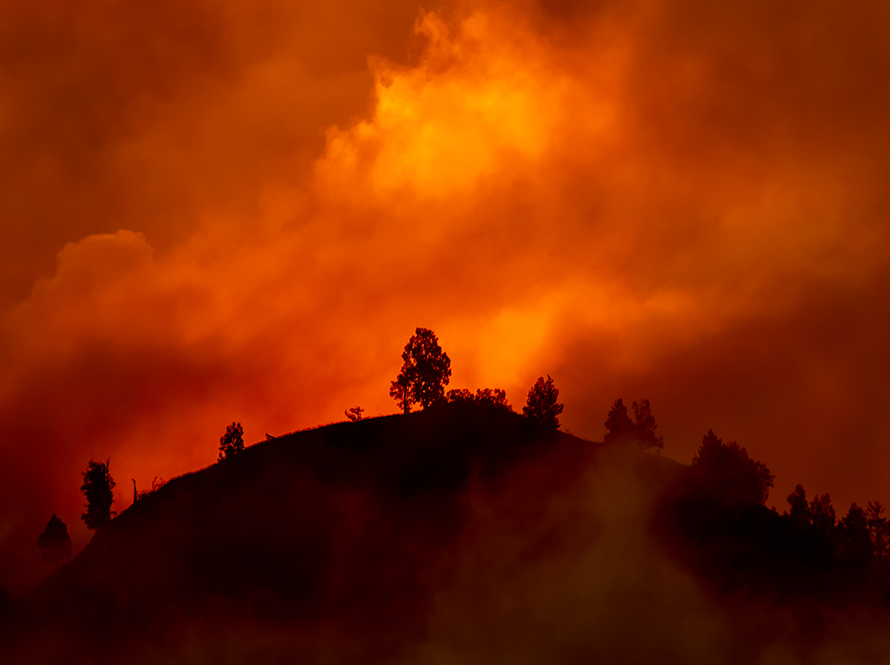
EESA is home to interdisciplinary research exploring wildfire and how it impacts water and ecosystems.
Extracting Lithium
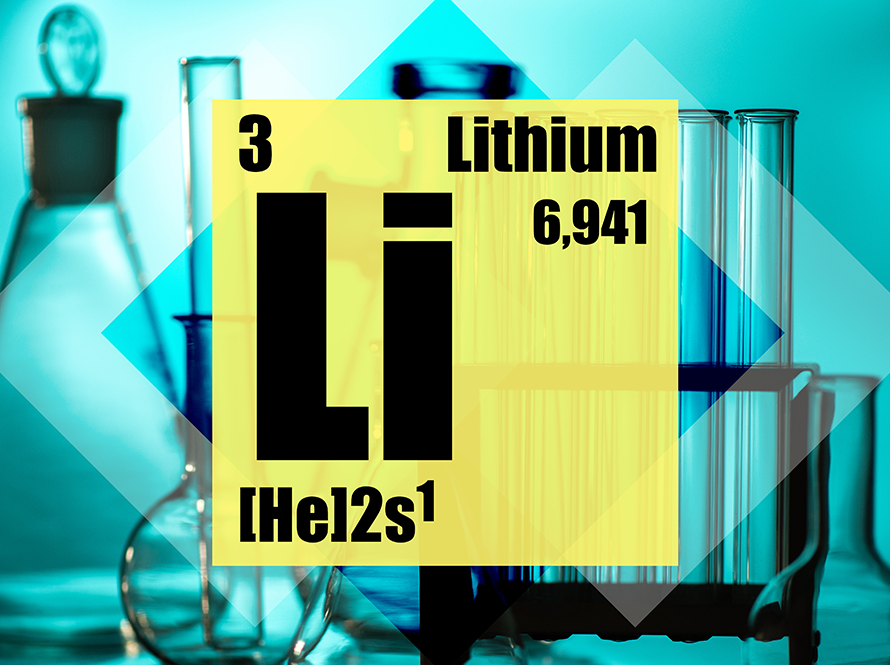
We hope to identify lithium extraction technologies that lead to the greatest environmental and economic benefits.

